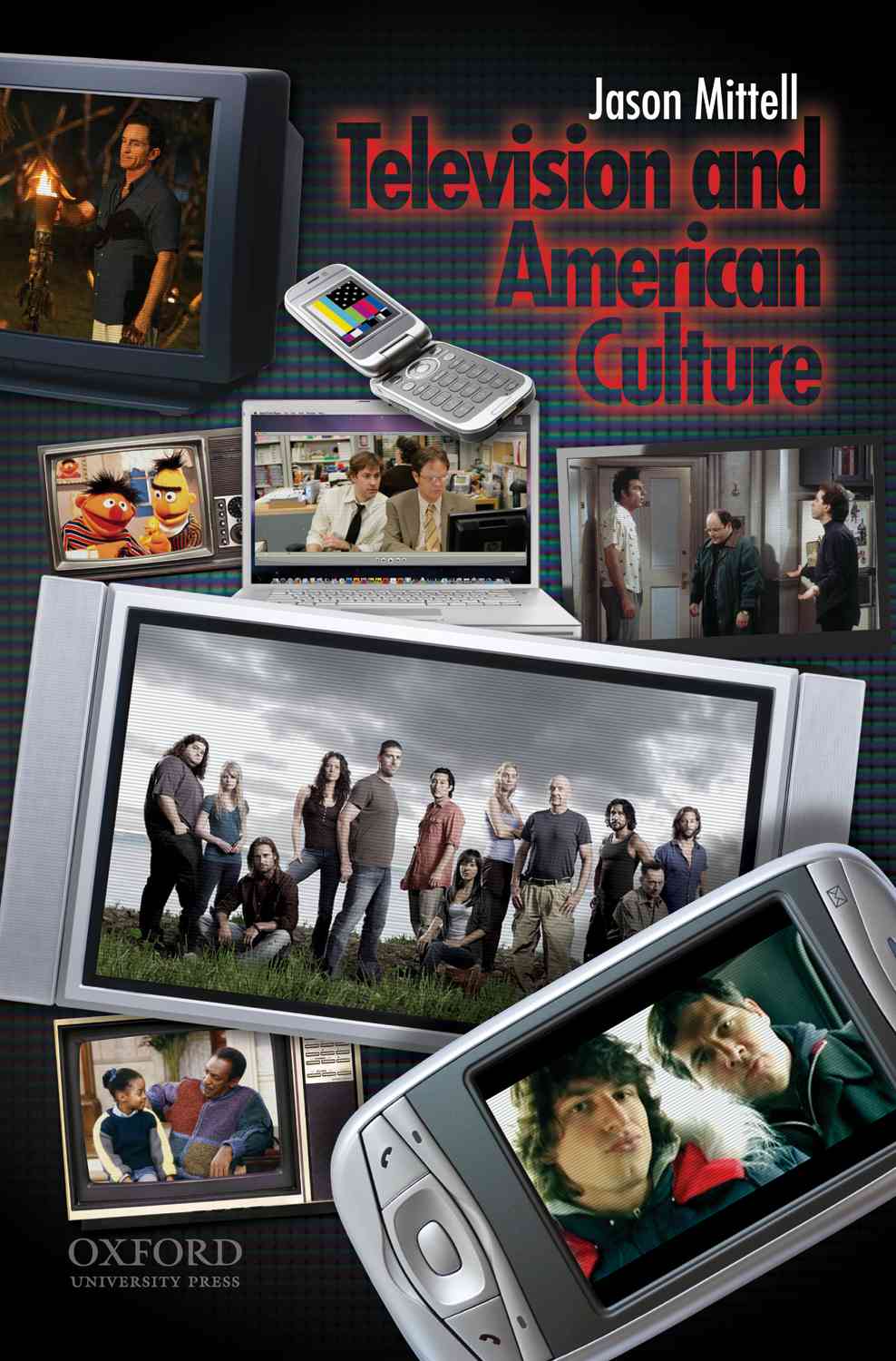Complex TV: Evaluation
It’s time for another chapter of Complex TV – this one focuses on questions of evaluation in television scholarship. Here’s the abstract:
Television studies, as forged by the influence of cultural studies, has been loath to include critical evaluation in its toolbox, as television’s own spot on the receiving end of numerous aesthetic condemnations has pushed evaluative criticism off the field’s agenda. In this chapter, I explore a model of contextualized evaluation that does not recreate universal aesthetic values, but rather looks at how a series can define its own terms and parameters of evaluation, and how television scholars might productively engage with questions of value. Using the examples of The Wire, Breaking Bad, and Mad Men, all of which have been hailed by critics as among the greatest television series in the medium’s history, I discuss how we can enter into medium-specific debates over value without recreating a canon or exclusionary critical practice, considering how complexity can function as an aesthetic asset in multiple ways.
This chapter draws from, adapts, and repurposes a number of pieces that I’ve published here, including my somewhat infamous Mad Men essay, my presentation from Hannover on this topic, and my discussion of Legitimating Television. But it’s all reframed and presented in what I hope is the clearest and most convincing articulation of a line of argument that’s not always gone over that well. I guess I keep trying…
I look forward to discussing these ideas in the margins of the MediaCommons site for this and the other chapters that await your feedback!
Filed under: Academia, Complex TV, Media Studies, Narrative, Taste, Television, TV Shows | Leave a Comment
Tags: breaking bad, Mad Men, The Wire









No Responses Yet to “Complex TV: Evaluation”